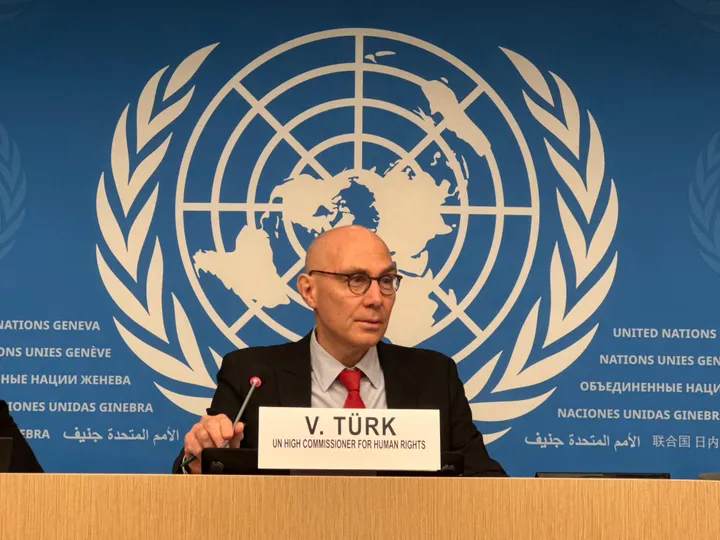The government of the Central African Republic (CAR) and 14 armed groups inked a new peace accord on Tuesday to end years of fighting that has left thousands of people dead.
The accord, the eighth since 2012, was initialed by President Faustin Archange Touadera for the CAR government, AFP reported.
Sudanese President Omar al Bashir, who hosted the talks in Khartoum, sponsored by the African Union and the United Nations, that culminated in the deal, was also present at the ceremony.
The text of the Khartoum Agreement has not been released and there was no word on what compromises had been reached on past stumbling blocks such as rebel demands for an amnesty.
After initialing the agreement, the representatives of the 14 armed groups shook hands with Touadera and Bashir.
The initialing is to be followed by a formal signing in the CAR capital Bangui at a date yet to be set.
The latest round of talks had been repeatedly suspended because of the outstanding differences between the two sides before the deal was struck.
Marred by violence
CAR has been rocked by violence since 2013, when mainly Muslim Seleka rebels ousted then-president Francois Bozize.
Seleka rebels seized the capital of the majority-Christian nation fueling the rise of Christian militias, known as anti-balaka, responsible for revenge attacks that have driven most Muslims from capital Bangui and the west.
UN peacekeepers were deployed in 2014.
The conflict has uprooted more than one million people, the United Nations said, and has until now shown little sign of abating.
The talks, which started on January 24 with support from the United Nations and the African Union, were meant to stem the violence that has spread across the provinces and over which the overstretched armed forces have had little control.
Fragile peace
Peace is not certain, despite the deal. Similar agreements in 2014, 2015 and 2017 all fell apart.
Still, a government spokesman said the deal heralded a "new era" for the country, while armed groups also expressed optimism.
Abakar Sabom, a spokesman for the FPRC, one of the main groups, said, "We were able to agree on what is essential for the Central African: peace. We hope this agreement will bring back social cohesion to the country."























